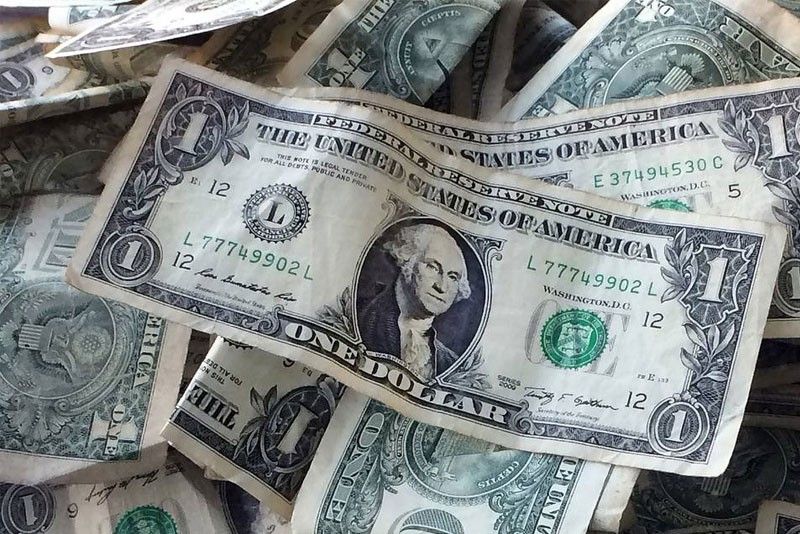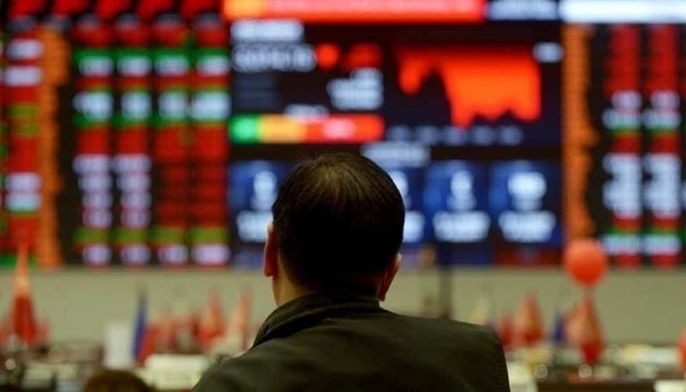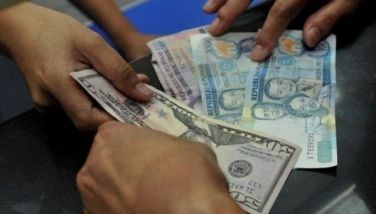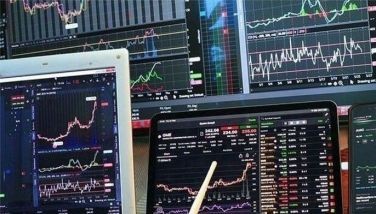Inflation, weaker peso stoke hot money outflow in June

MANILA, Philippines — More foreign capital went out of the Philippines for a second consecutive month, reflecting market jitters stoked by rising inflation and a weaker peso, the Bangko Sentral ng Pilipinas reported on Thursday.
Registered foreign portfolio investments, also known as “hot money” for their volatility, recorded a net outflow of $516 million in June, more than twice the $206 million net outflow in the previous month and a reversal of $73 million net inflow a year ago.
So-called hot money enters and exits the country with ease, unlike firmer commitments like foreign direct investment.
Broken down, foreign investors placed a total of $911 million short-term bets in June, the smallest for the year. But the gross inflow was offset by the exodus of $1.4 billion foreign funds, with the US continuing to be the main destination of outflows.
According to BSP, the hot money flight in June came amid concerns over an escalating trade war between the US and China coupled with sustained net foreign selling of publicly-listed securities since February of this year.
“This may be attributed to the United States Federal Reserve’s decision to increase interest rates and investor concerns on inflation and the further weakening of the Philippine peso,” the central bank added.
The Federal Reserve last June raised its key rate for the second time in 2018 and hinted at possible acceleration in rate hikes in a vote of confidence in the US economy’s resilience.
Meanwhile, the BSP has introduced back-to-back rate hikes this year to fight inflation, which has surged to a fresh five-year high of 5.2 percent in June. The latest round of policy tightening is also expected to lend some strength to the peso, which has been hovering at 12-year lows and has weakened by more than 7 percent against the US dollar year-to-date.
Capital Economics expect the BSP to lift its benchmark rates anew to contain inflation and prop up the country’s currency and the local bourse, dubbed Asia’s most unloved equity market.
- Latest
- Trending































